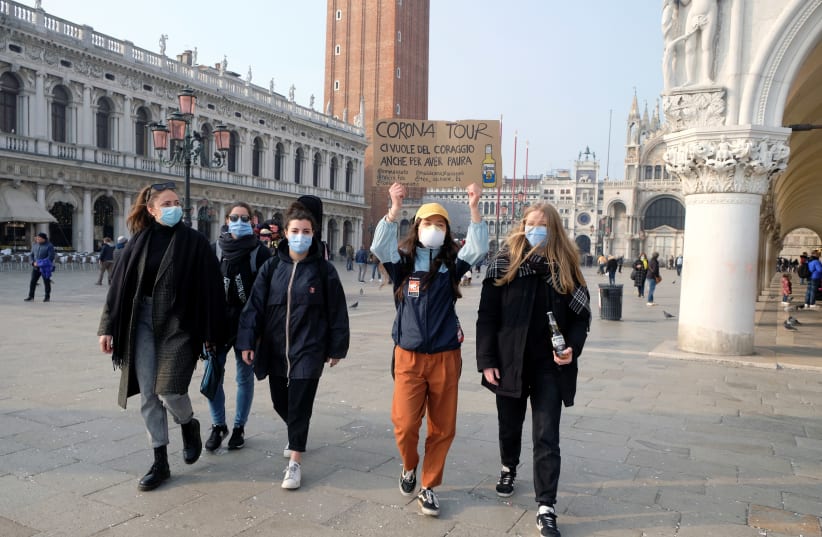How the Jews in Italy are coping with coronavirus, 50,000 in quarantine
While Jewish institutions are closely monitoring the coronavirus epidemic, and while everyone worries about the impact of the situation on the city, Jews in northern Italy aren’t panicking.
